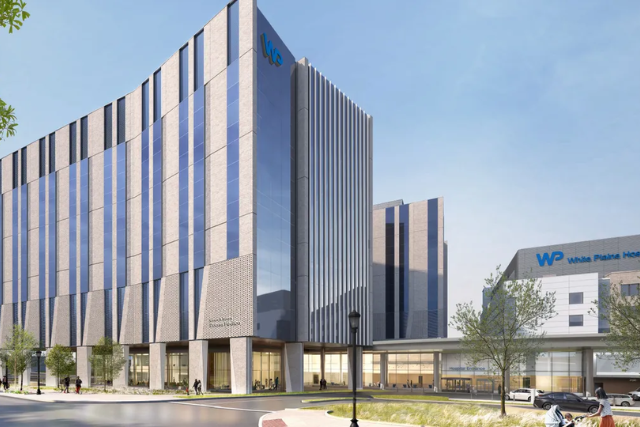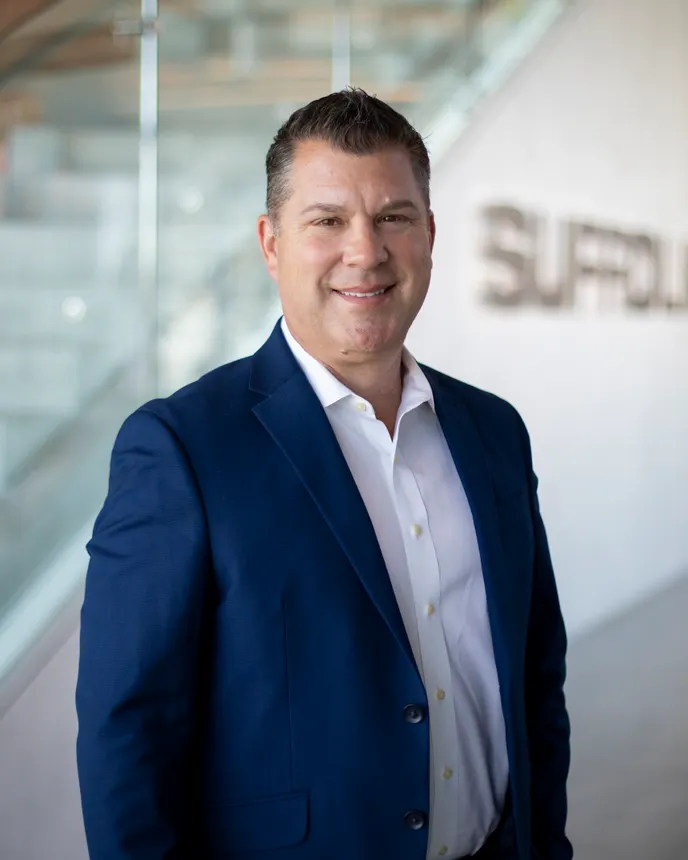
Boston-based contractor Suffolk is intensifying its focus on healthcare construction in Southern California by launching a new office in Newport Beach, as demand rises across the region from San Diego to Los Angeles. The move signals the company’s commitment to expanding its footprint in the Golden State and leveraging its national expertise in a rapidly evolving healthcare construction market.

To lead the California initiative, Suffolk has tapped Stephen Green, a veteran of the construction industry with deep experience in healthcare projects. According to a July 24 announcement, Green has held senior positions at multiple firms across the country, including Truebeck Construction, Rabren General Contractors, Fulcrum Construction, and Hoar Construction.
Green emphasized that Southern California clients are focused on three major priorities: flexibility, speed to market, and minimal disruption to ongoing medical operations.
“Healthcare clients in Southern California prioritize flexibility, speed to market and minimizing disruption to ongoing operations,” said Green.
Suffolk is responding to those priorities by closely integrating its preconstruction teams with healthcare clients from the outset of each project. This allows for accurate scope definition, tighter budgets, and more predictable scheduling.
“Our preconstruction teams collaborate closely with clients from day one to define scope, align budgets and lock in realistic schedules to provide cost certainty and avoid costly surprises during construction,” Green said.
“By combining innovative tools and AI-powered platforms with expertise and thorough upfront planning, Suffolk drives predictability in our projects.”
The Newport Beach expansion follows Suffolk’s recent groundbreaking on a $750 million hospital project in White Plains, New York. That project is notable for incorporating Suffolk’s AI-based steel tracking software, a technology the company plans to replicate in its California operations.
Green noted that the San Diego–Los Angeles corridor is especially competitive due to rapid population growth and the need to modernize aging healthcare infrastructure. Though large-scale new hospital builds are less frequent today, Suffolk sees a strong pipeline of smaller projects.
“We’re seeing fewer large-scale healthcare projects than in years past. At the same time, there’s consistent activity around smaller efforts like tenant improvements and targeted renovations,” Green said.
“Given those conditions, we’re strategically pursuing smaller-scale projects like imaging suite remodels and emergency department upgrades, where our large-scale healthcare experience adds significant value.”
Green emphasized that Suffolk is combining AI tools, automation, and process optimization to keep projects on track—especially as labor challenges, tariffs, and material costs continue to put pressure on the construction industry.
.png)
“Process, teams and technology allow us to closely manage healthcare projects so we can deliver them safely and predictably on budget and on schedule,” he said.
“By leveraging tools like Trunk Tools and Rugged Robotics, we automate repetitive and time-consuming tasks to create efficiencies on our jobsites.”
Looking ahead, Green flagged California Senate Bill 1953 as a key challenge and opportunity for the industry. The law mandates seismic upgrades to ensure hospitals remain operational after major earthquakes, with a 2030 compliance deadline looming.
“Healthcare systems across California are facing a growing need to address critical structural performance category and nonstructural performance category upgrades required by Senate Bill 1953,” said Green.
“These structural and utility improvements are essential but non-revenue generating, so they must be delivered efficiently to avoid diverting resources from patient care.”
Beyond traditional hospitals, Suffolk also sees future potential in research and lab spaces, particularly in Northern California, where healthcare and biotech increasingly intersect. The firm aims to bring its life sciences construction experience into those partnerships.
“As healthcare systems increasingly align with biotech and academic partners, Suffolk’s experience in life sciences construction positions us to deliver the highly technical, precision-driven environments these partnerships demand,” said Green.
Originally reported by Sebastian Obando in Construction Dive.